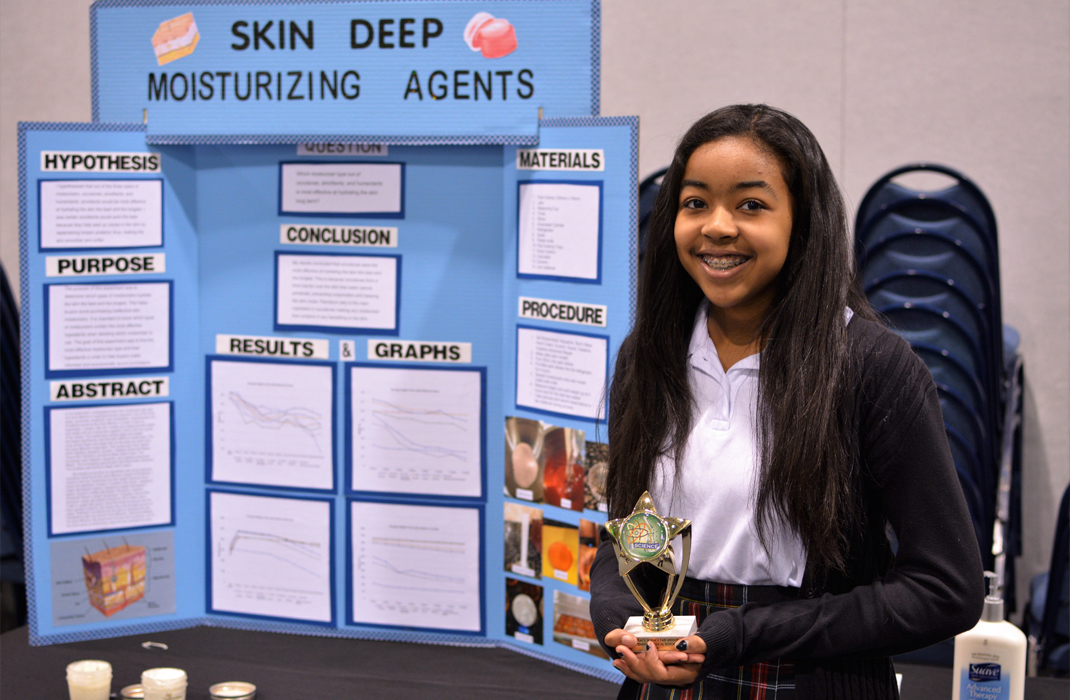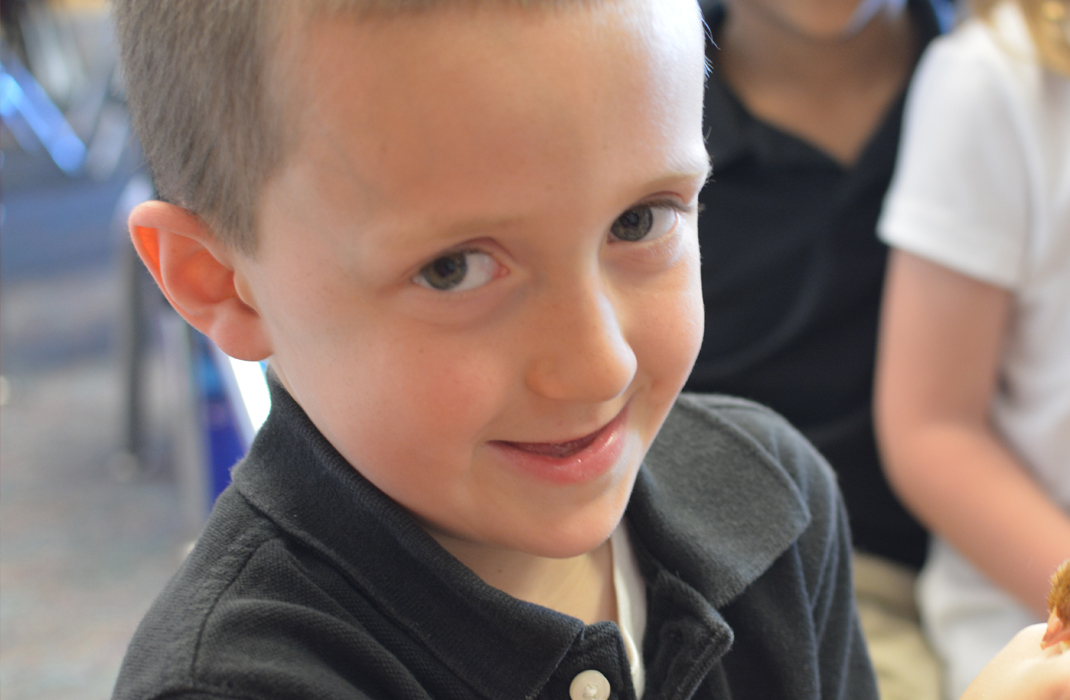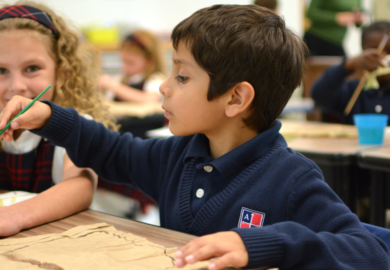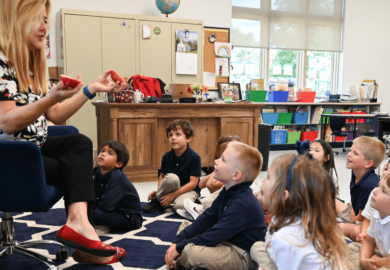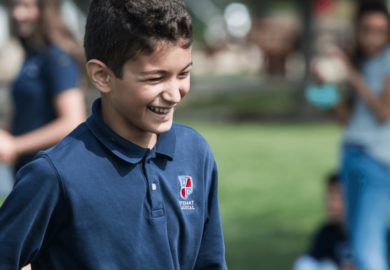Exploration in biology
On a sunny winter morning, seventh grade students at Covenant walk to their biology class with eager expectation. They are excited to dive into a dissection that will allow them to see for themselves the intricate inner workings of a frog’s anatomy. Armed with scalpels and rubber gloves, they begin to explore, guided by their teacher’s prompts: “How might you use a straw to locate the lungs?” “Which is the largest muscle?”
“It is the glory of God to conceal a matter; to search out a matter is the glory of kings.”
Proverbs 25:2
This kind of tactile experience is an essential part of the science curriculum here at Covenant. We believe that simply presenting facts to be memorized is not sufficient for shaping and inspiring young scientists. Students are invited into hands-on experiences with the scientific concepts they are studying. Not only does this holistic approach give kinesthetic learners the tactile engagement they need, it is a crucial pedagogy for all students in internalizing the truth set before them. Hands-on learning activates multiple areas of the brain and therefore augments retrieval and retention. It fosters questioning of the observed events and results in higher comprehension of the concepts. Students are encouraged to explore new ideas, stimulating their appetite for learning and increasing confidence and competence.
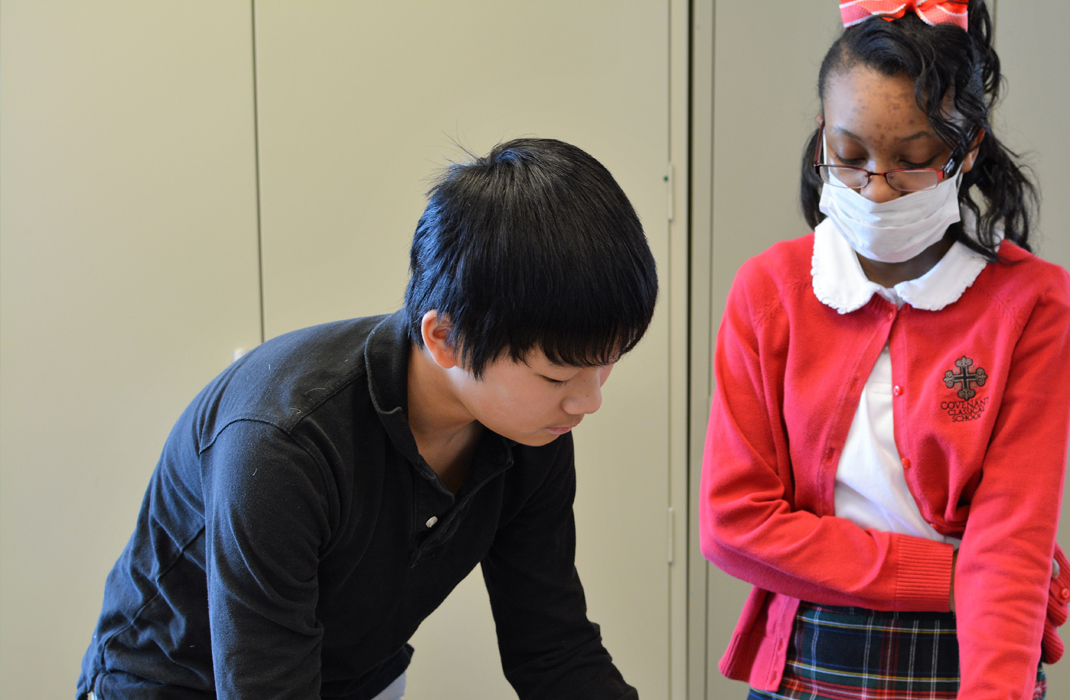
Employing the scientific method
But we don’t stop there. At Covenant, students not only use hands-on experimentation to answer important questions from their teacher, they pose their own questions as well. We train students to employ the scientific method well. This includes setting up experiments that test a hypothesis by isolating and controlling variables, presenting quantitative results using graphs and tables, and drawing conclusions by integrating these results into the existing body of knowledge. Though this may seem a lofty goal, it is one that our students regularly achieve.
Beginning in the grammar stage (K-5th grade), students are taught to ask good questions, make logical hypotheses, conduct experiments, and write simple lab reports on their findings. In the logic stage (6-8th grade), this process is more fully developed to encourage greater independence, engagement with more complex procedures, and deeper analysis of results.
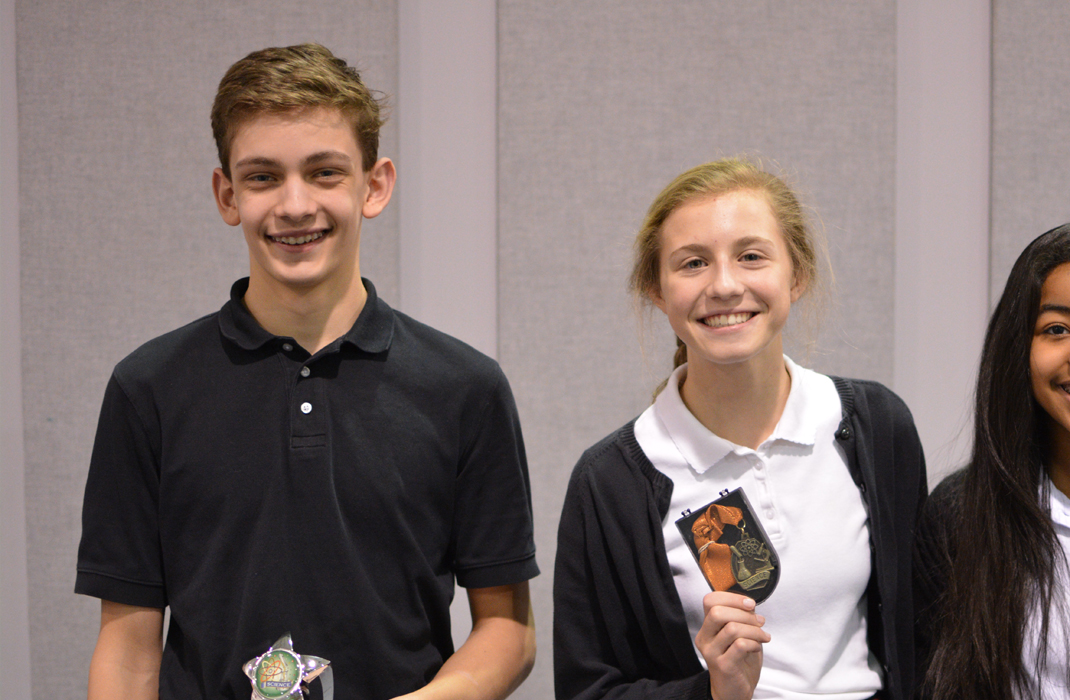
8th grade science fair
In culmination of these years of study, students in the eighth grade are given the opportunity to participate in an annual science fair. Each student chooses a question that piques his or her interest and conducts research and experimentation, much as an actual research scientist would. Several months are spent reviewing scientific literature, developing and conducting experiments, and doing quantitative analysis of the results. They ‘publish’ a written report and formally present their findings to their peers and superiors. They also informally present their research to a larger audience at a ‘poster session’ modeled after a scientific conference.
It is the process itself that the students find most intriguing and rewarding. When they carry out their own experiments, they engage in learning that is founded in direct experience and build an understanding that is both functional and deep. They engage naturally in cause and effect thinking, developing critical thinking skills. They learn to rely on the evidence obtained and thereby increase independent thinking. They develop vital skills in communication that are applicable for a lifetime. Perhaps best of all, they receive personal guidance from caring instructors and become empowered to excel at that which intrigues them. This joy in discovery is a beautiful picture of the deep curiosity and careful scientific inquiry we hope to foster in all of our students.
At Covenant, it is our desire that our students not only develop a solid understanding of scientific concepts, but also learn to integrate them with their faith. Through experimentation and the inquiry process, they are led to rediscover amazing truths about God’s magnificent creation, truths that have been observed by great men and women throughout history. Ultimately, however, we seek to continually point our students beyond the beauty of creation itself to the inexpressible splendor of the Creator. To Him be all the glory!
